Market Share
Drone Services Market Share Analysis
The Drone Service market has been growing rapidly over the recent years thanks to increase in usage of unmanned aerial vehicles known as UAVs within various fields. In this vibrant environment, firms are applying different positioning strategies of market shares in an attempt to capture a stronghold and achieve competitive advantage. Central approach in the Drone Service market is product differentiation. Companies look forward to differentiating their services by providing the specific applications and innovative technologies. Be it aerial photography, surveying and mapping, agriculture monitoring or industrial inspections the aspect of differentiation is critical in capturing clients looking for customized innovative drone solutions. Advanced features like high-resolution cameras, real time data analytics and autonomous flight abilities are the aspects which enhances this competitive landscape of service provides. Another key strategy in the Drone Service market is cost leadership. This approach not only attracts clients in search of low-cost drone services, but also allows a larger market to be reached by small and medium businesses that want to use this technology without major financial investments. Strategic partnerships and collaborations contribute significantly to the shaping of market share dynamics in Drone Service industry. Drone service provider companies often collaborate with technology providers, regulatory bodies and industry associations to help them cope up with law changes, keep updated on technological advancements and improve their overall droning services functionality. These partnerships help cover a wider market, improve their reputation and develop an environment that promotes the drone service industry’s development. Market segmentation is a special strategy used by companies to reach needs within the market of Drone Service. Companies adapt to the varied needs of various industries, including construction, agriculture and energy as well some public services. Service providers can also position themselves as market niche experts through specialized applications like thermal imaging for infrastructure inspections and precision agriculture for crop monitoring.


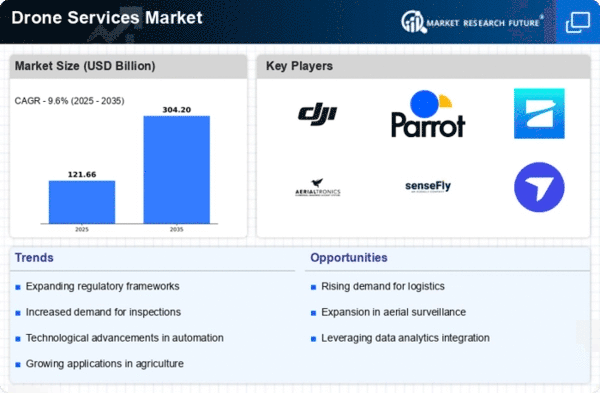
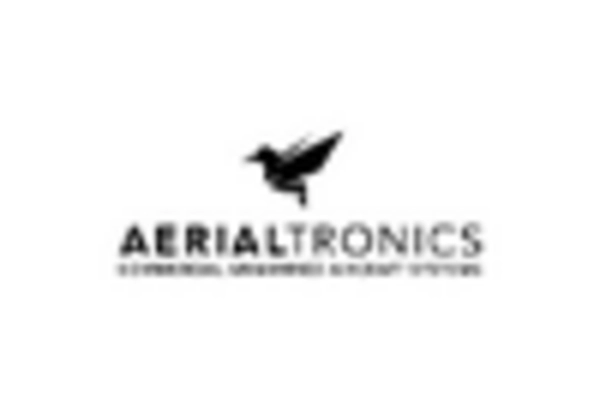
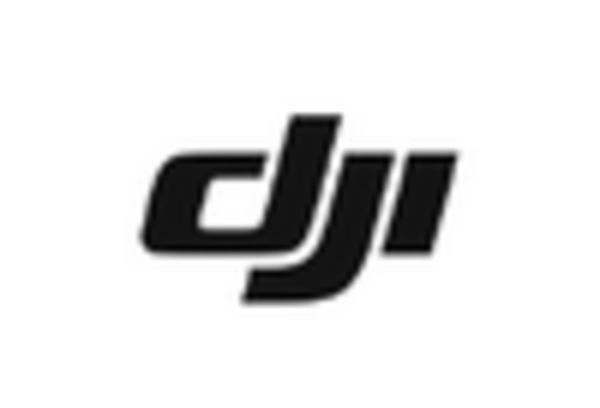

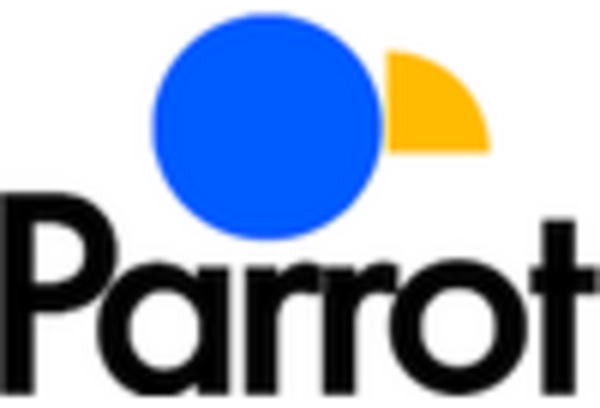

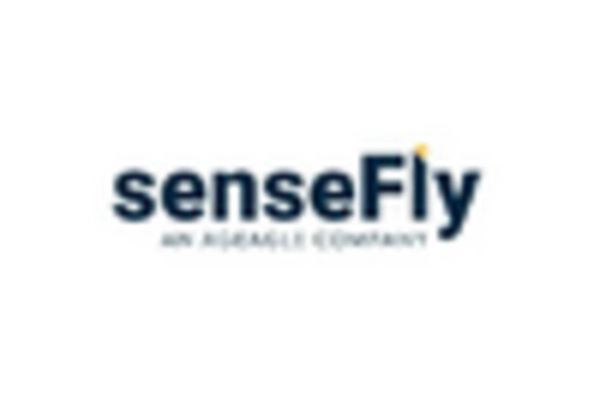









Leave a Comment